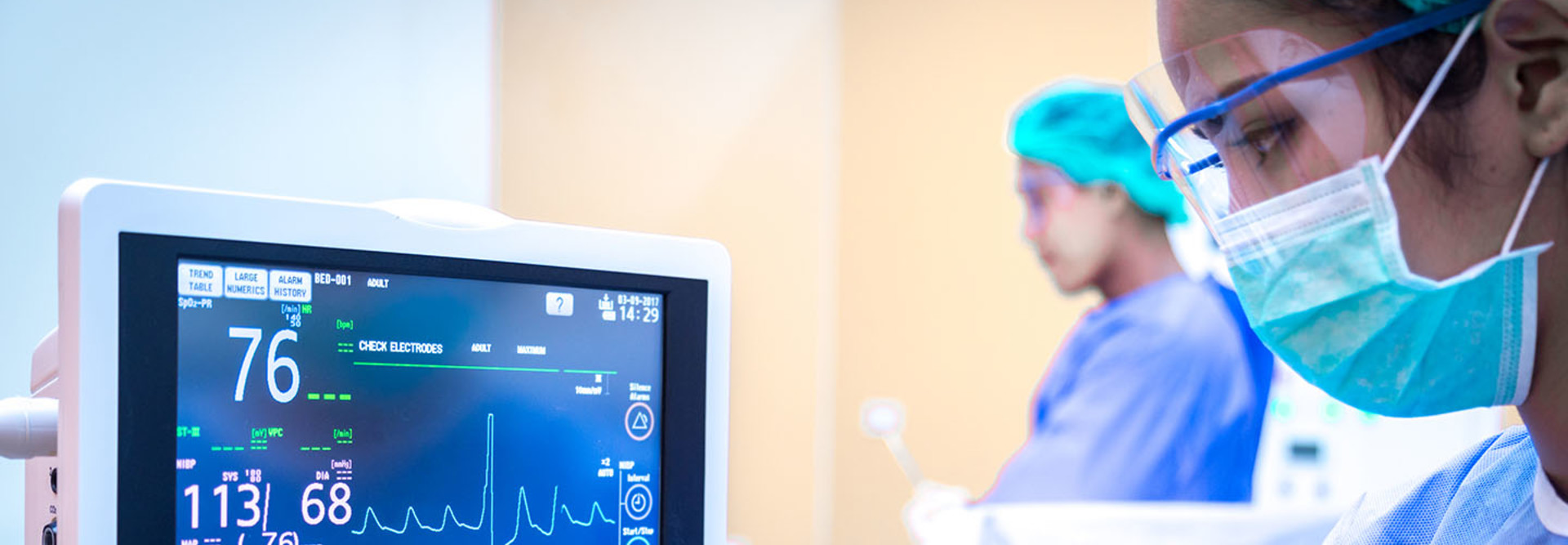FDA Debates Framework for AI-Based Medical Devices
The FDA is crafting a new regulatory framework to promote the development of safe and effective medical devices powered by advanced artificial intelligence algorithms. The agency sees promise in adaptive AI and machine learning technologies, noting they “have the potential to adapt and optimize device performance in real time to continuously improve healthcare for patients.”
Under the current rules, any changes made in medical devices’ software requires FDA approval. But that rule would be burdensome for companies that make adaptive software powered by AI and machine learning because the software is continuously changing — and improving — as it gathers data.
MORE FROM HEALTHTECH: Three ways to manage risks posed by connected medical devices.
New Technologies Are ‘a Harbinger of Progress’
An April FDA discussion paper outlines some of the ways the agency could adapt to the technology, making it easier to get such devices to clinical providers and their patients.
“The authorization of these technologies was a harbinger of progress that the FDA expects to see as more medical devices incorporate advanced artificial intelligence algorithms to improve their performance and safety,” then–FDA Commissioner Scott Gottlieb said in a statement. “I’m confident that these technologies will have a profound and positive impact on healthcare.”
Modifications to traditional Software as a Medical Device (SaMD) that could have a significant effect on the safety or effectiveness of a device would still require a submission to the FDA.
The agency has already begun approving medical devices that are driven by AI software, including one that can detect diabetic retinopathy and one that can alert providers of a potential stroke in patients. But the agency is still working to align regulations with new and evolving technologies; for example, by streamlining device approvals.
MORE FROM HEALTHTECH: How predictive analytics in healthcare is changing hospitals.
Will Innovation Continue with a New FDA Commissioner?
Gottlieb left his post in April, but not before laying the groundwork for federal regulations to adapt along with technology. Many saw him as a champion for innovation, and his departure “rattled” the medical device industry, according to the Association for the Advancement of Medical Instrumentation. But Kevin Hrusovsky, founder and chairman of the annual Powering Precision Health Summit, says the new acting commissioner, Dr. Norman E. “Ned” Sharpless, has experience in healthcare entrepreneurship, which could portend a similar mindset.
“I believe — like Gottlieb — Sharpless will not simply stand by and play a regulatory role but be more of an active innovator and partner with the business community,” writes Hrusovsky in a post for Barron’s.
Comments on the discussion paper will inform future guidance, Gottlieb said in April upon its release. “Our approach will focus on the continually evolving nature of these promising technologies. We plan to apply our current authorities in new ways to keep up with the rapid pace of innovation and ensure the safety of these devices,” he added.









